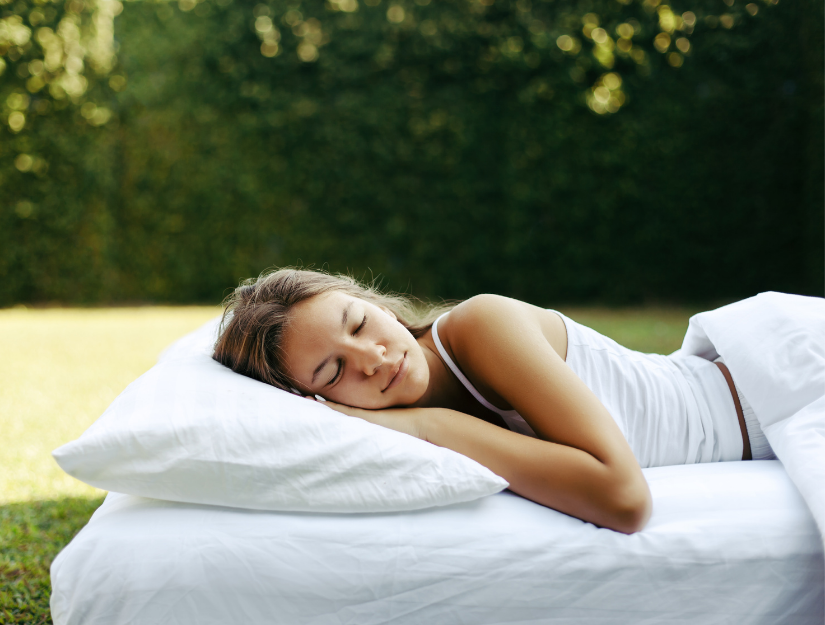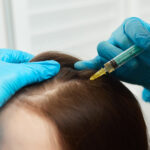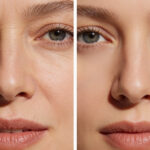Do We Really Get Better During Our Sleep?
The phrase "beauty sleep" isn't just a phrase; it's a concept rooted in biological reality. Skin, damaged by daily stress, pollution, and environmental factors, undergoes a self-repairing process during sleep. This regeneration process is important not only for appearance but also for overall skin health.
What Happens to the Skin During Sleep?
Especially in sleep in the deep sleep phase The body enters an intense cellular renewal process. Some of the basic biological events that occur in the skin during this process include:
🧬 Collagen Production Increases
Growth hormone (GH) is secreted during sleep. This hormone increases collagen production in the skin. Collagen is one of the key proteins that provides skin elasticity and firmness. The increase in collagen during sleep helps skin appear fuller and healthier.
🧖♀️ Skin Blood Flow Accelerates
During deep sleep, blood circulation in the skin increases. This transports more oxygen and nutrients to cells, facilitating the removal of toxins. During this process, skin tone becomes more even and acquires a healthy glow.
🌙 Damaged Cells Are Repaired
Skin cells damaged during the day by factors like sunlight, environmental toxins, and screen lights are repaired during sleep. This process is an important part of the skin's renewal mechanism.
Effects of Sleep Lack on Skin
Poor quality or insufficient sleep can lead to many negative effects on the skin. Some of these include:
- Under-eye circles and swelling
- Pale and dull skin appearance
- Increased tendency to acne and pimples
- Signs of premature aging (fine lines, loss of elasticity)
These effects are caused by the disruption of the regeneration cycle that occurs during sleep.
Why Is Sleep Quality Important?
Not only adequate sleep duration is essential for skin health, quality of sleep It's also extremely important. Irregular sleep schedules, frequent nighttime awakenings, or going to bed late can negatively impact the skin's regeneration process. In the long run, this can manifest as signs of fatigue, dullness, and signs of aging.
Habits That Support Skin Health During Sleep
Although they do not include medical advice, some routines that can be evaluated at the general awareness level are:
- Cleansing the skin before going to sleepis important for removing dirt and makeup residue accumulated throughout the day.
- Cleaning pillowcaseshelps prevent accumulations that may cause skin irritation.
- The room has an ideal humidity balance, may play a protective role against skin dryness.
- Reducing screen exposure at night, facilitates the balancing of melatonin levels.
The skin's natural renewal process is directly related to sleep. Nighttime sleep is a critical period for skin repair, collagen production, and overall health. A regular, high-quality sleep routine allows the skin to regenerate.
Each individual's sleep habits and skin type may vary. Therefore, for specific skin-related issues, it may be helpful to consult a dermatologist.
📌 Notes:
This content is for general informational purposes only. It does not include diagnosis, prognosis, or treatment. For any health-related questions, you should consult your physician.








